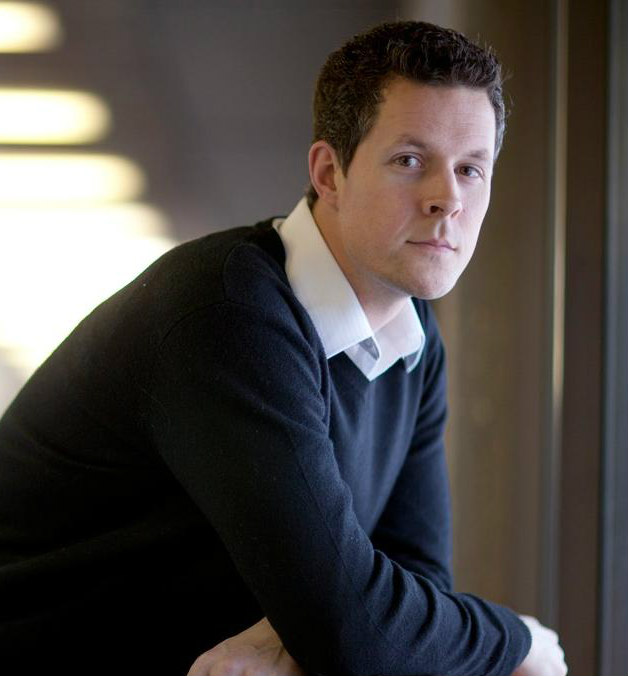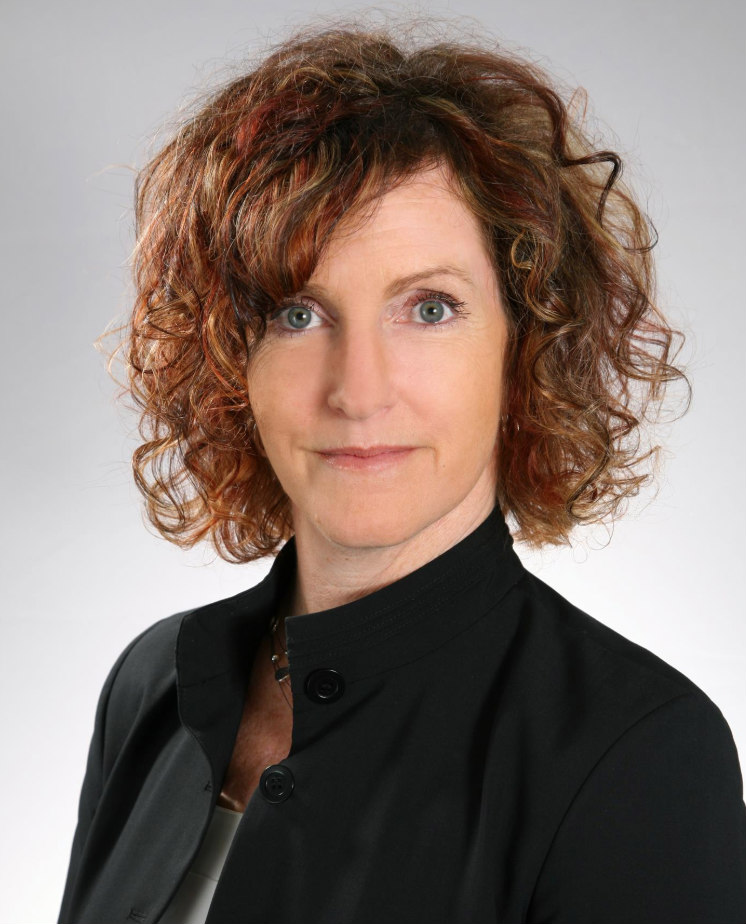Estate planning is one of those things that everyone needs to do, but most people want to avoid.
Let’s get real; this means talking about death and taxes, and no one wants to do that 😉 It’s essential to plan for your loved one’s future financial security.
I also think many people hear the words “estate planning” and need a lot of cash to address this issue.
But nothing could be further from the truth!
Everyone needs to look at what happens when death occurs. Sadly, way too many people live in denial about their mortality. One thing is for sure: we all die.
So, what happens to your home, belongings, and even your body when you pass away? That’s what estate planning is all about.
Chances are there are more considerations than you ever thought of.
It’s the money conversations nobody wants to have.
“Planning for your funeral, preparing an estate and figuring out your will all take time and research, and some experts say it should be part of your financial planning in 2020. For many, death is taboo, says Melissa Leong, author of finance guide Happy Go Money. Even the mention of it brings bad mojo, as my family members would say,” she said. “But dealing with death, including the financial part of it, is so important.”
Wills, funerals, estates: Tough money talks to have before it’s too late, Global News
Wills & Estate Planning Is Lacking in Canada – Especially Ontario
Drafting a will is the first step in estate planning.
So, what sort of relationship do Canadians have with creating wills?
According to the Angus Reid Institute, many people don’t have one! Unfortunately, 25% of Canadians don’t believe they are old enough to consider their final days, and about 23% think they aren’t rich enough to make a difference.
Well, the good news is there ARE Canadians who have wills:
- Quebec: 58%
- BC: 54%
- Ontario: 46%
That said, 25% don’t have an up-to-date will. Also, there is a gender slant. Only 46% of women have a will, as opposed to 53% of men.
No matter how you stack it up – far too many Canadians die intestate OR with a will that doesn’t represent their current situation.
So What Happens If You Die Without a Will?
Dying without a will is a serious issue. That’s why estate planning is so essential. It saves your family time, money, and hassle.
If you don’t specify what you want to happen, your property will be divided according to provincial law.
…and this may or may not happen how you want it to. Also, the court system appoints a trustee to represent your estate.
All of this delays the disbursement of your estate and costs money. Your loved ones end up with less in the long run and may not have access to much-needed funds to execute your final wishes.
There are no winners in this situation. Estate planning is the key.
You Feel Like You Are Too Young for Estate Planning
You need a will if you have dependents, debt, and a home. It doesn’t matter if you are 25 or 75. I think many people miss the boat when it comes to this. It’s the same argument that clients use to avoid buying life insurance.
Hey, I’m healthy and young. Planning for death is a drag, and frankly, I’ll be around for decades before this is important. Estate planning isn’t a priority.
Wrong! The best time to plan is when you are young and healthy. But as with everything else, it’s not a set-it-and-forget thing.
You have to keep up with your changing needs. Not to mention, what happens to all your online accounts when you die? Will Facebook and Instagram automatically transfer your photos to your family? Maybe not.
“That’s why creating a digital estate plan is becoming increasingly important. Whether you specify it in your will or through your estate’s lawyers, assign digital beneficiaries through a service or compile a list of accounts and passwords to give to a trusted family member or friend, you don’t want to leave your loved ones scrambling.
Why You Should Think About Your Digital Assets Before You Die, AARP
Sh!t Happens
Sometimes, people die young. My wife and I both have friends who passed away far too early. Did they plan to have an accident or get cancer? Nope, but it happens anyway.
My best advice is to sit down and contemplate what will unfold tomorrow if you cease to exist. Then draft a will – so you’re loved and don’t have to deal with the legal mess after your passing.
Debts & Obligations Don’t Stop Because You’re Dead
Life is expensive, which is why most of us have debt. Well, when we die – that goes with us, right? Nope. Your obligations are attached to your estate, and your loved ones are responsible for your remains.
Think this is a no-brainer? Think again. What if your family doesn’t have the cash to deal with the taxes or burial associated with your demise?
Did you know the average cost for a funeral is $10K? Ouch. Many people don’t have access to that sort of cash.
Even if you have the money, maybe you want to leave the family home for your kids. What if they can’t afford the taxes to take it over?
They will either take out a loan OR sell the property to satisfy the debt.
There are so many reasons to address estate planning. You could fill a book!
What Can You Do to Be Prepared?
Solid estate planning advice is the key to solving these issues!
You don’t need a fancy lawyer to prepare for your last day. Some good research, a simple will, and maybe a life insurance policy will sort out many issues that arise when you die.
If you are wealthier, consulting an estate attorney or financial advisor may be in order—mainly if you deal with trusts, children with special needs, investments, businesses, and/or real estate.
So, let’s start with some great advice from people who know estate planning well!
Words of Advice from Estate Planning Stars
Tip 1: Draft Your Will Today! It’s Easier Than You Think – Willful

Tracy Laranjo, Growth Manager, Willful
As mentioned above, a will is the first step in estate planning. The good news is you don’t need a fancy lawyer. You can draft your will online. Here are a few words from Tracy Laranjo of Willful, an online estate planning platform, to help you navigate this process!
“Dying intestate (without a will) is an incredibly burdensome experience for your loved ones. Without documenting their wishes in a Final Will and Testament, they are left to make tough decisions.
These include what you would have wanted to be done with your body, your funeral preferences, who you would have wanted to care for pets or children, and how you would like your assets distributed.
Without assigning an executor in your will, someone must apply to become your administrator. Your administrator can’t begin to act on your behalf until the court gives permission – which can take a while.
Having a will allows someone to act on your behalf immediately after you die.
Drafting a Will Gives You More Control
If your dependent children don’t have another surviving parent, the court decides on a guardian for your children – and it may not be the person you believe will do the best job.
Your estate will also be distributed using provincial laws that have very little flexibility. This means you can’t:
- Set aside money to cover the cost of care for your children and pets
- Leave money to a charity you care about
- Leave gifts to close friends
Hmmm, none of this sounds good.
Tip 2: Review Your Beneficiaries & Take Advantage of TFSA – Boomer & Echo

Robb Engen, Boomer & Echo
Drafting your will isn’t the end of the road, my friends. Here are some words of wisdom from Robb Engen of Boomer & Echo!
“The foundation of a good estate plan starts with ensuring your will is up-to-date.
You’ll want to specify who will handle your affairs and give them direction through a power of attorney and medical directive.
You’ll also want to revisit the beneficiary designations on your investment accounts to ensure these designations don’t conflict with your will.
Keeping them up-to-date is the easiest way to ensure a smooth transition of those assets.
One difference between today and a generation ago is the introduction of the TFSA, a great tool for retirees to save and incorporate into their estate plans.
There are three different estate planning options for your TFSA:
- Appoint a successor holder
- Designate a beneficiary
- Assign the funds to the estate
Additionally, this generation is more likely to be separated, divorced, remarried, living common-law, or have children from a previous relationship. These situations present other legal and estate planning implications. Get expert advice to be sure your intentions are transparent and will be carried out according to your wishes and not liable to be contested.” See, I told you there’s much to consider when planning an estate!
Tip 3: Consider Your Taxes – Rotfleisch & Samulovich

David J. Rotfleisch, Rotfleisch & Samulovich PC
Death doesn’t release your estate from debt. Don’t forget to consider your tax obligations.
“The biggest mistake in estate planning is not considering the taxes payable on death.
There is a deemed disposition of capital assets when an individual dies, which gives rise to a large tax owed to the estate. Bequests often do not consider the net after-tax value of the estate.”
David J Rotfleisch is a Certified Specialist in Taxation and the founder of the boutique Canadian income tax law firm Rotfleisch and Samulovitch PC.
He appears regularly in the media, including print, television, and radio. His website has extensive, in-depth tax articles. If you want more information, click below.
Tip 4: If You Have a Cottage, Beware of the CRA – WEALTHinsurance.com

Mark Halpern, CEO, WEALTHinsurance.com
Everyone dreams of having a cottage – but you don’t want it to burden those you love when you die.
Check out what Mark Halpern, CEO & Founder of WEALTHinsurance.com, has to say about this:
“When you and your spouse die, the tax department (Canada Revenue Agency or “CRA”) considers it as if you sold the cottage at its current market value, and the difference between your original cost and its current value (called ‘capital gains’) is taxed.”
The tax rate on capital gains is approximately 27% in Ontario, so you will owe roughly $100,000 of taxes on the cottage bought for $100,000, now worth $500,000.
If your estate has too little cash to pay your final tax bill, your heirs may be forced to sell the cottage and liquidate other assets to pay the taxes due when your final tax return is filed.”
To help avoid this issue, Mark offers the following advice:
- Transfer the cottage for a reasonable sum to your kids today.
- Create a cottage trust. Again, you will be taxed for capital gains during the transfer.
- Make your cottage your principal residence.
- Take out a life insurance policy to fund the final tax bill.
Tip 5: Selecting an Executor & The Location of Your Will & Financial Documents

Jim Yih, Founder, RetireHappy.ca
Families are complicated, meaning estate planning is fraught with potential pitfalls. Jim Yih, the founder of RetireHappy.ca, has some ideas to avoid these sorts of issues:
“My best advice is to be careful. Many choose a family member, like a spouse or child, without thinking it through. Do you have kids or family members who don’t get along? Will it create problems choosing one over another? Is it beneficial or problematic to list more than one executor? Will they have time? Do they have the mental and financial capability to deal with an estate?”
The other tip is to help your executor by communicating with them and providing them with the necessary information on where to find the required documents when you pass away. The job of an executor is a very difficult because there is often so much unknown, and the person with all the answers is not there to help.
Keep your will and all-important financial documents in a safe and fireproof location, and make sure the executor knows where you keep important financial papers.
Tip 6: Planning Saves Your Family Time, Money & Frustration

Robin Sutton, BasicFunerals.ca
Estate planning must include details of how you want your final hurrah to play out. Some people wish for an elaborate burial and funeral, while others want a cremation.
The difference is HUGE when it comes to finances and planning.
Robin Sutton of BasicFunerals.ca has some great advice:
“The most valuable thing you can do for our loved ones is to express and hopefully record your wishes ahead of time. This can seem like a daunting task, but having the forethought to make final plans in advance can save your family from added emotional distress at what is likely to be a tough time.”
If you decide to move ahead and pre-pay a funeral provider, ask questions. Be sure to know what is included in the pre-payment, what costs may arise at the time of need, and how funds will be invested. Seek the help of a transparent and knowledgeable funeral professional.
Not planning a funeral may cost your loved ones a lot.”
If you want Robin’s advice, click here.
Tip 7: Life Insurance Can Help You Finance Your Final Expenses

James Heidebrecht, Policy Architects
Unfortunately, many people wait until later in life to plan an estate. This ultimately means they have less time to save cash for their final wishes.
At Policy Architects, we work with many elderly clients who want to set something up quickly and affordably.
…and I am here to say that it’s not too late!
Some incredible products enable people with health conditions who have limited budgets to take out small permanent policies that are affordable.
Today’s funeral cost in Canada can range from as low as $2,000 to $20,000. So, if you need 5k – 25k of coverage, there are plenty of choices.
Health issues are expected and won’t put you out of the running. Even if you’ve had a brush with cancer, some carriers will provide coverage.
Many of our clients are pleasantly surprised to learn that they qualify for the most affordable Tier 1 coverage even with their health issues.
Don’t Let Medical Issues Scare You Off Life Insurance
However, when it comes to serious health issues like life-threatening cancer or Alzheimer’s, there are some limitations.
In these situations, all insurers impose a two-year waiting period on coverage. That means if you pass away due to natural causes before the period elapses, your beneficiaries will NOT receive the death benefit.
They will, however, get all the premiums you paid up to that point returned with interest.
As you can see, every situation has nuances. This is why it’s essential to consult an experienced independent insurance agent.
At Policy Architects, you can shop your details for multiple carriers to find the most affordable coverage with the best guarantees. Failure to do this may result in you overpaying thousands of dollars over the life of your policy.
Estate Planning Is IMPORTANT! Plan Today
I encourage all my clients to get their estate planning needs in order when they are young and healthy. Waiting until you are on death’s doorstep isn’t the best plan.
The thing is, accidents happen – heart attacks and strokes aren’t planned. If you take care of the details before a problem, your family will thank you.
Funerals are costly, and if you have debts, this can diminish the amount you leave your loved ones.
….and if you pass away intestate, there are delays and severe costs involved.
Hey, if you are one of the lucky ones and have an estate, this isn’t a no-brainer. Getting advice from people like the estate stars above is vital to ensure you’ve covered all your bases.
As for Policy Architects, life insurance is a wonderful tool for estate planning. It can be used to care for children with special needs, keep your business running after a tragedy, leave a gift to a charity or a loved one, and more.
…or to pay for your funeral. Call us today. We can help.




 Fact Checked
Fact Checked



